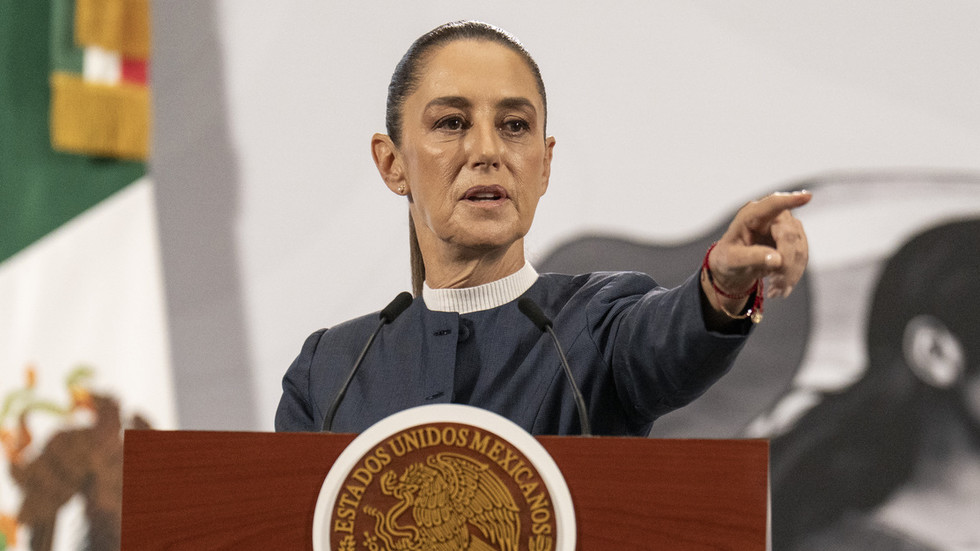The Nigerian Upstream Petroleum Regulatory Commission’s reforms are yielding positive results in the country’s oil sector, according to the West Africa Energy Policy Institute. The changes, aimed at enhancing transparency and investor engagement, have the potential to influence investment patterns across the Economic Community of West African States sub-region.
Under the leadership of Engr. Gbenga Komolafe, the NUPRC has implemented measures to increase transparency, including providing access to real-time production data, licensing information, and field performance reports. This shift towards openness has been accompanied by a significant increase in Nigeria’s active rig count, rising from eight in 2021 to 69 as of October 2025. Additionally, government revenue surpluses have grown in recent years, indicating a positive impact on the country’s economy.
The digitalization of licensing and compliance processes has also reduced bureaucratic bottlenecks, streamlining operations and making it easier for investors to navigate the sector. The implementation of the Petroleum Industry Act has further shaped regulatory practices, engagement with host communities, and alignment with global energy standards.
The West Africa Energy Policy Institute notes that these developments are being closely watched by regional observers, who are keen to see how Nigeria’s evolving approach to oil sector governance will impact the broader ECOWAS sub-region. As the largest economy in the region, Nigeria’s energy policies have the potential to influence investment patterns and market stability across West Africa.
The NUPRC’s reforms are a significant step towards creating a more transparent and attractive investment environment in Nigeria’s oil sector. With the country’s oil industry poised for growth, the commission’s efforts to enhance clarity, data accessibility, and investor engagement are likely to have far-reaching implications for the region. As the energy landscape continues to evolve, Nigeria’s approach to oil sector governance will be closely monitored by investors, policymakers, and other stakeholders across the ECOWAS sub-region.



